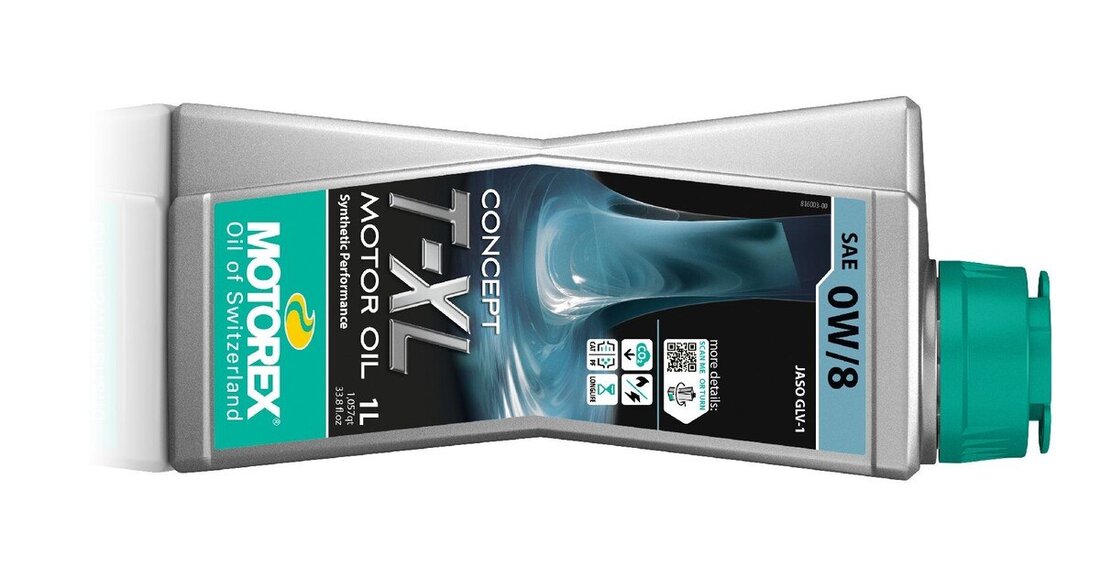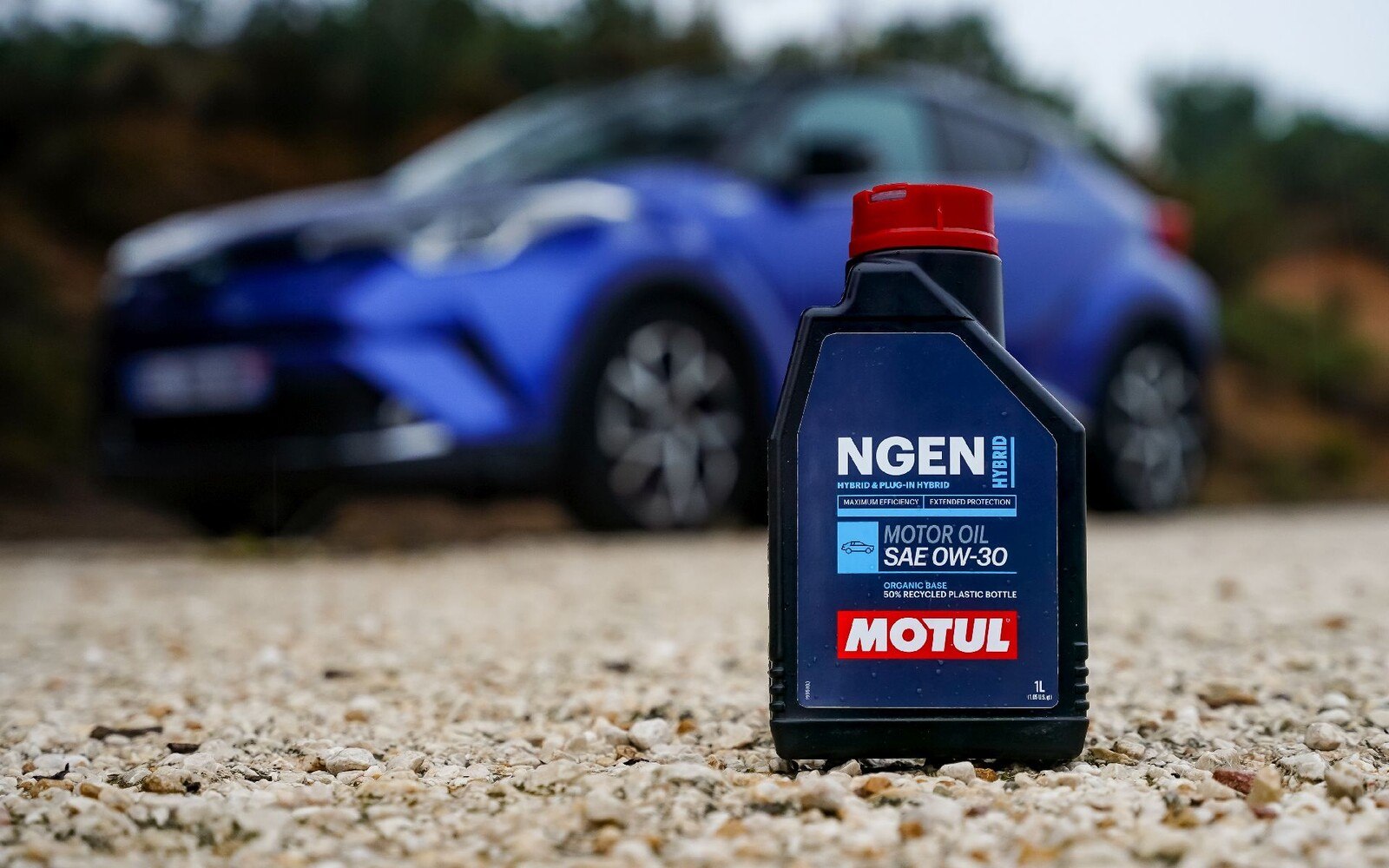Now it's getting thin and green!
The lubricant manufacturers have further developed their products and greatly improved them again.

Now it's getting thin and green!
The optimization of internal combustion engines continues happily. According to Motorex, the combustion chamber continues to be the focus of manufacturers. With higher compression, the direct injection known from diesel is also favored in gasoline engines. In conjunction with hybridization, consumption can be reduced even further. In addition, there has been downsizing (less displacement, fewer cylinders) in conjunction with turbocharging, which has been used for several years. The low-viscosity, smooth-running engine oils of the 0W generation from the Motorex Car Line are specifically formulated for the requirements of the latest generation of engines. They form a lubricating film of just two micrometers (2 μm), which is just half as much as before. This results in ever more efficient engines with reduced CO2 emissions.
The fact is: Ultra-light-running oils of the latest, extremely low-viscosity generation ensure lower consumption. These are currently used in petrol engines in hybrid models, for example Toyota and Mazda. The Concept T-XL SAE 0W/8 is a synthetic performance engine oil that is intended to guarantee optimal lubrication safety through the use of very high-quality base oils and the most modern, coordinated additives. It meets the JASO GLV-1 specification (a specification from Japanese manufacturers). The Low SAPS technology in combination with unique smooth-running properties reduces fuel consumption and thereby reduces pollutant emissions. In addition, it should be characterized by the following product features: reliable wear protection over the entire temperature range, quick oiling of the engine, high aging and oxidation resistance and pronounced corrosion protection. Motorex Concept T-XL SAE 0W/8 is also suitable for CNG, LPG and hybrid vehicles.
Motul is expanding its product portfolio and is presenting three new, sustainable and resource-saving high-performance engine oils for hybrid cars and motorcycles. The engine oils in the Motul NGEN series either consist largely of high-quality regenerated, i.e. already used oils that have been reprocessed in a complex process (NGEN 5 and NGEN 7 for motorcycles) or have a high proportion of raw materials from renewable biological sources (NGEN Hybrid for hybrid cars). At the same time, the new generation of engine oil should offer performance values that are in no way inferior to the products currently available on the market. Thanks to the sustainable recipes, not only are production-related CO2 emissions reduced, but fossil raw materials are also saved and more sustainable production is made possible, says Motul. The NGEN Hybrid contains up to 25 percent oil from renewable raw materials and meets the latest API-SP and ILSAG-GF-6 standards as well as JASO GLV-1. In addition to the content, the packaging of NGEN products is also sustainably designed. Half of all bottles are made from recycled plastics.

© Motul
The hybrids are here to stay. That's why Liqui Moly also offers Special Tec AA 0W-8, an extremely low-viscosity engine oil to be prepared for the corresponding Mazda and Toyota models. As a result, the engine oil meets the most modern JASO GLV-1 standard and can be used without hesitation in corresponding models for the next few years. Where are viscosities headed? “0W-8 is currently the lowest viscosity class,” says Oliver Kuhn, deputy head of Liqui Moly’s oil laboratory. "Even lower would be conceivable, but the effort required would be immensely high. In 2015, the viscosity classes were extended downwards by the 'Society of Automotive Engineers' (SAE) to 0W-16 /-12 /-8. An equivalent in the API was not possible. Which is why the ILSAC GF-6B standard was defined, which currently only extends up to SAE 0W-16. At the same time, the Japanese Automotive Standards Organization developed it (JASO) a new specification for extra low viscosity oils called JASO GLV-1 (Gasoline Low Viscosity). It is the currently valid standard.”

© Liqui Moly

 Suche
Suche
 Mein Konto
Mein Konto